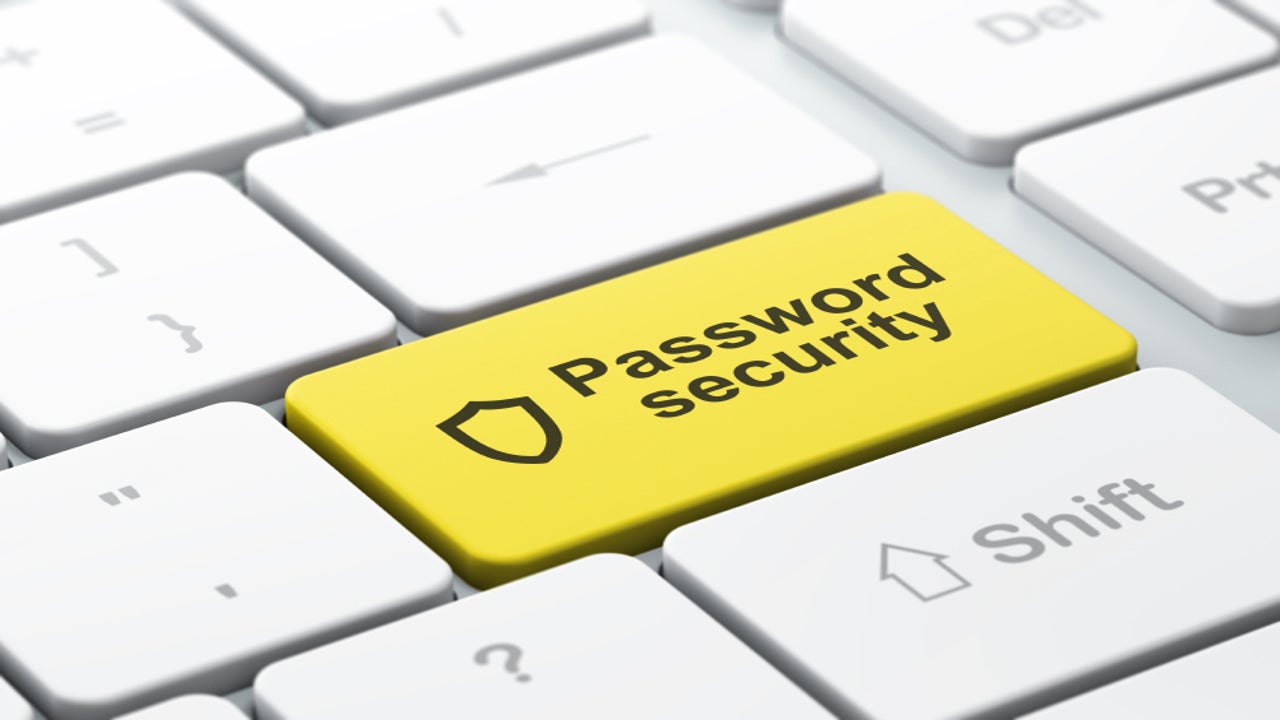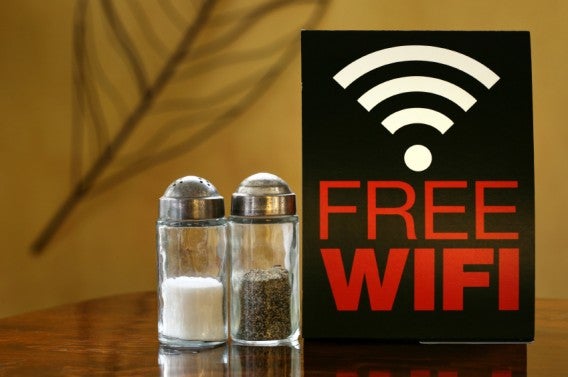Article
The 7 commandments to avoid getting hacked

- November 13, 2015
- Updated: July 2, 2025 at 7:08 AM

It seems like every other day a major online service gets hacked – Twitter, Facebook, Linkedin, Adobe, Gmail, Dropbox… – the list goes on. Although it is almost impossible to strip yourself of all vulnerabilities, there are still a few things you can do to better your odds. Here are the 7 greatest tips we have to help you stay safe:
1. Great passwords
It is obvious that a proper password is vital, but very few of us actually take passwords seriously. One study revealed that the most commonly stolen passwords were “123456”, “1234567”, “12345678”, and the word “password”.
A good password should include both upper and lower case characters, a few numbers, and a sprinkling of symbols. Your password should not form a recognizable word, and definitely should not relate to you at all (such as your street name or the name of your pet hamster). In addition, you should deploy a different password on every online service you use – email, social media, online banking, and so on.
If all this is just too much for you to keep track of, consider using a password manager to help you keep all your passwords safe.
2. Always be alert
If a former colleague, whom you haven’t spoken to in 10 years, sends you an email out of the blue about “An amazing deal that changed my life”, be very wary. Anything out of the ordinary could be an attempt to get into your computer, and into your personal life.
But that’s not all, even emails that appear to come from official sources might not be real. Hackers frequently impersonate banks, or popular social media platforms, in a ruse to gain access to your information. These emails could appear genuine and very convincing, but be on your guard, especially if it includes a link or an attached file. It’s best to call your bank manager or a customer support hotline to find out if the email you received is legitimate.
3. Deleted doesn’t really mean deleted
The data that you leave on the old devices you give away could also put you at risk of getting hacked. “But I’m sure I deleted everything”, you’d say, but it’s really not that simple. Instructing your computer to delete something doesn’t actually delete it, it merely marks the space as free-to-occupy for new data This means that if no data is ever moved into that space, whatever was there before remains perfectly intact.
There are tools to help you delete your data for good, but if you had very sensitive data on your drive, it might be best to take it to a professional, or physically destroy the hard drive.
4. Free Wi-Fi
Being able to work from your favorite cafe is a dream that almost anyone would be envious of. But before you click connect, check if the network you’re about to connect to is legitimate. Just because it has an official sounding name like “Official City Wifi” or “Starbucks Free Network” doesn’t mean that it is genuine.
Connecting to a fake network gives the hacker an opportunity to access your computer, potentially stealing important personal information, or planting a hidden bug to record and report your activity and passwords back to him.
5. Online is risky
Our lives have become so intertwined with online services that we store absolutely everything somewhere on the Internet – photos, contact lists, copies of our identity cards, and even confidential documents from work. While many of these services do their best to keep your data safe, breaches still can happen. Some level of risk might be acceptable for things such as family photographs and college essays, but for others such as copies of your identity cards and financial information, it might be a good idea to keep those offline.
6. Macs are safer, but not absolutely safe
We’ve all heard the proud mac user retort that their Mac is safe from viruses and intrusions. To a certain extent they are right, but things are changing, and viruses and intruders are getting smarter and more creative. Recently, Apple was so confident about their airtight software that they offered $1 million to anyone that could hack into their system. A group of hackers managed to breach the walls and walked away with the prize. Therefore, even if you are using a Mac, Linux, or any other operating system, do not take anything for granted and take sensible precaution.
7. Antiviruses are still relevant
Antiviruses are just as important today as they were 10 years ago. By some estimates, about 1 million new threats are discovered each day – yes, that’s 1 million every day. This means that antiviruses are not just install-and-forget software, but they need to be updated regularly. Read our comparison of the best antivirus software of 2015 here.
With these 7 commandments, coupled with sensible computing habits and some clever tools, you could significantly reduce the risk of getting hacked and ensure that your personal information remains in safe hands.
Latest from Softonic Editorial Team
You may also like
 News
NewsGood news! Generation Z is increasingly going to the movie theaters… unlike the rest of the world
Read more
 News
NewsThe new Tekken champion is Japanese and is 92 years old
Read more
 News
NewsOne of the most successful movies of the year premieres on HBO Max
Read more
 News
NewsNaughty Dog is back at it: they are already crunching for their next game
Read more
 News
NewsPedro Almodovar returns with a new movie that is very Christmas-like
Read more
 News
NewsLarian Studios will hold an AMA to clarify their stance on AI early in the year
Read more
